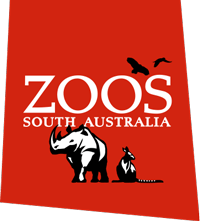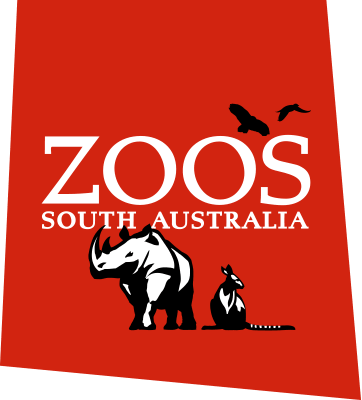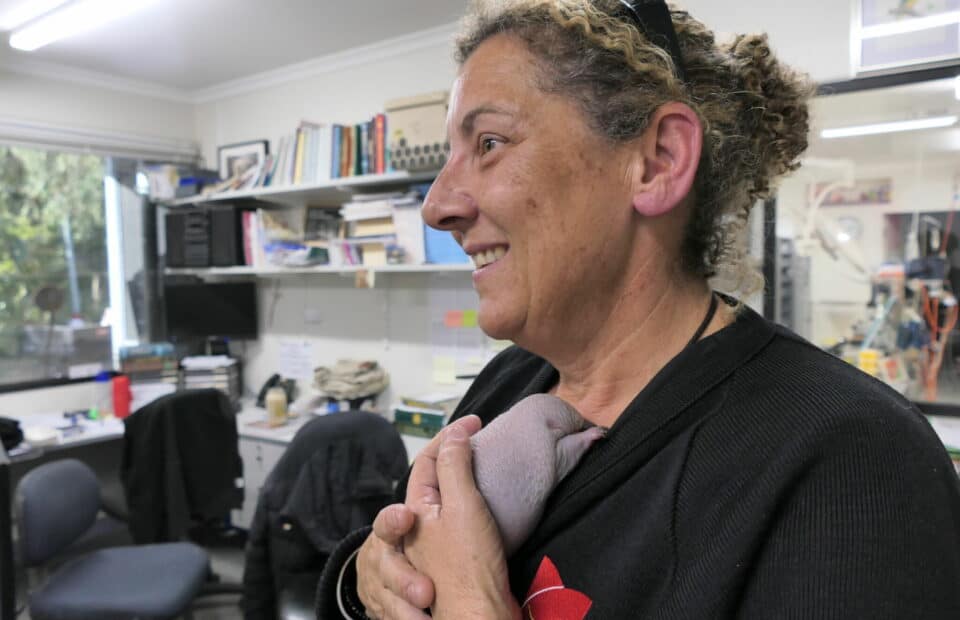Celebrating the amazing work of our Animal Health Department on Vet Nurse Day
Who can resist a little puggle snuggle on a Friday? Adelaide Zoo would like to introduce you to its newest arrival, Kathari (cut-tree), which means ‘prickle’ in Ngarrindjeri language.
The eight-week-old Short-beaked Echidna was named by Senior Indigenous Conservation Officer, Leon ‘Scornzy’ Dodd.
The owners of a property in Callington brought Kathari to Monarto Safari Park after they discovered its mum deceased.
Weighing just 155 grams when he arrived, the little one was handed over to Zoos SA Animal Health Department team and started receiving around the clock care.
Snice then, Kathari has been going from strength-to-strength with its eyes now open and tiny spines starting to emerge.
This lovely news comes just in time for Vet Nurse Day today, and is just one example of the amazing work undertaken by Zoos SA’s vet nurses on a daily basis.
SA’s Veterinary Nurse and Hospital Manager, Di Hakof, said it has been a joy to care to the plucky prickly puggle.
“I love my work, particularly when we get to be part of nursing native animals back to health and working with species that need our help to save them from extinction,” Di said.
“It has been such an amazing journey working with Kathari, we don’t know its sex yet, but there is certainly an amazing little personality developing.
“Kathari now weighs 312 grams and we have started to increase feeds, which Kathari loves – often falling asleep with a full tummy of milk!
“I’m very thankful to work with such an amazing team of nurses that give not only Kathari, but all the animals here at Zoos SA, such amazing care.”
Zoos SA is lucky to employ eight talented and highly-skilled veterinary nurses who undertake a wide range of work to run our hospitals and look after of the animals that call our sites home.
Acting Curator of Adelaide Zoo, Deb Barry, said the story of Kathari is perfect for Vet Nurse Day.
“The hard work of the Zoos SA team is second to none. Kathari is doing so well and that is really testament to Di and the team’s dedication,” she said.
“Our vet nurses are an incredible force working behind the scenes not only at our sites but also on the ground in situations like this where native animals need our help.
“Vet Nurse Day is a fantastic way to acknowledge their role as well as being a great opportunity to say thank you for all they do.”
Along with Platypus, echidna are the world’s only monotremes; an egg laying mammals.
When female echidnas come into season, a train of up to 10 males will follow behind her in the hopes of mating.
A female echidna lays a single soft-shelled leathery egg and deposits it in her pouch. A baby echidna, called a puggle, hatches ten days later and is carried around by mum for about two months, feeding on her milk.
While releasing back into the wild would be our preference in this case, Kathari arrived in care at such a young age and has imprinted on humans. As such, the little puggle will be assessed once independent to see if it will be suitable for release.
Safeguarding Australian species is a vital part of Zoos SA conservation work, which spans from breeding critically-endangered Orange-bellied Parrots to translocating locally-extinct species to the Marna Banggara on the Yorke Peninsula.
For more information on Zoos SA conservation programs and the native species that call our sites home, please visit zoossa.com.au.







